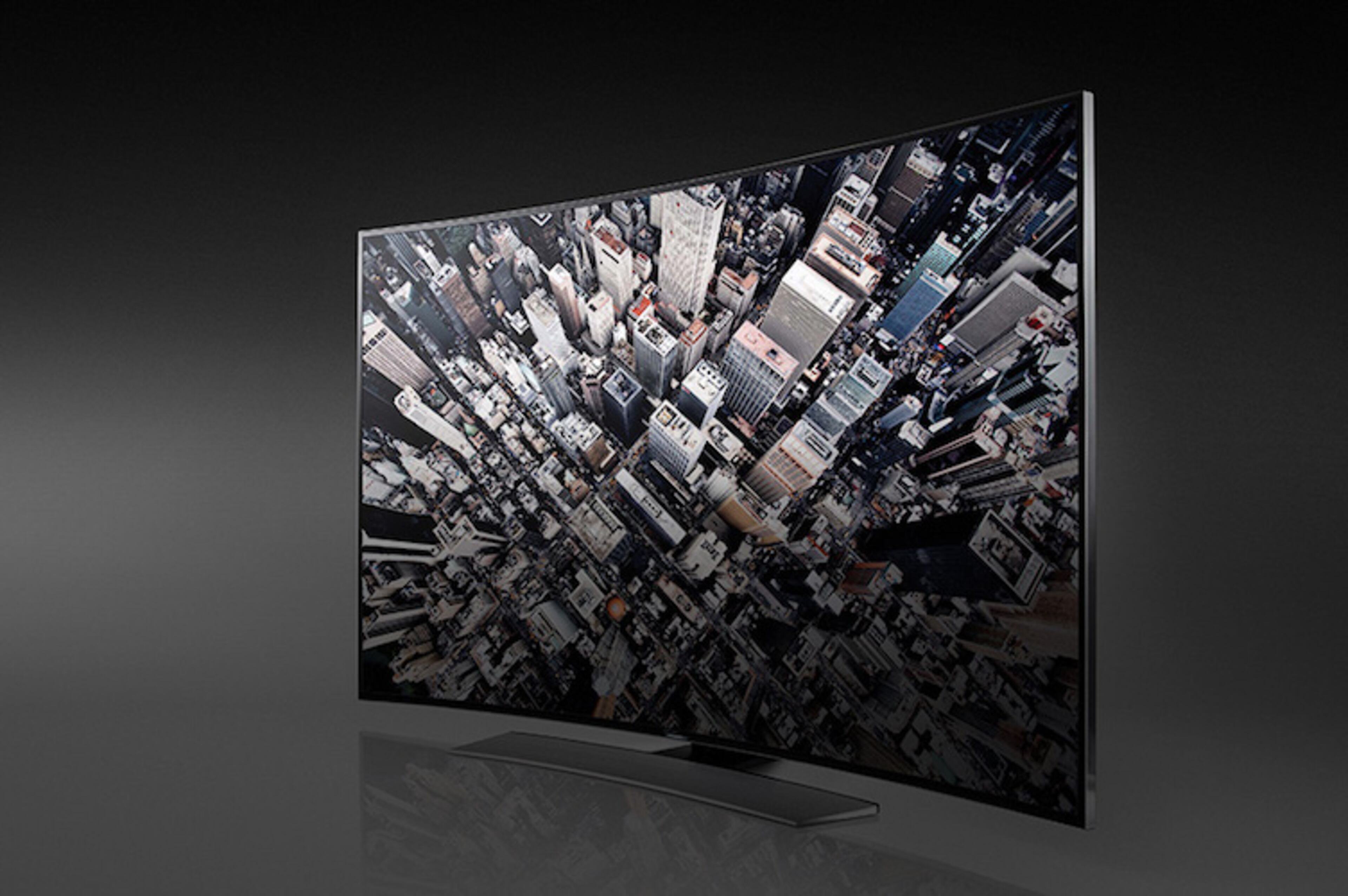Austin's Silicon Labs sees stock jump on strong earnings report, positive forecast

SILICON LABS
Silicon Labs makes chips, such as microcontrollers, that are used in a variety of devices, from televisions to smart energy meters and data centers. Its major customers include Cisco, Fitbit, LG Electronics and Samsung. The 20-year-old company is headquartered in downtown Austin and employs about 630 locally.
First quarter 2016
Silicon Labs reported revenue of $162 million, down slightly from the same quarter a year ago. The company reported profit of $5.8 million, or 14 cents per share. That is a nearly 9 percent decline from the same quarter a year ago, but is an improvement over fourth quarter. Adjusting for certain expenses, the company reported 51 cents per share in profit. The company also disclosed it has sold $5 million worth of patents, which it will book in the second quarter.
Analysts and investors are pleased because the company did better than analysts had expected, and the company is showing strong growth in its “Internet of Things” and Internet infrastructure divisions.

Silicon Labs CEO Tyson Tuttle said in a conference call with analysts on Wednesday morning that the gains they are seeing in Internet of Things, which is a chip industry term for Internet-connected non-computing devices, and in its infrastructure division are beginning to offset declines in its legacy businesses.
Those legacy businesses include modems and its broadcast division.
Tuttle said during a Wednesday interview with the American-Statesman that their Internet of Things growth is more pronounced in their wireless connectivity portfolio, which includes products such as smart meters and smart watches.
Silicon Labs is faring better than other semiconductor companies, such as Advanced Micro Devices or Cirrus Logic, because it doesn't have much exposure to the smartphone or PC markets, which have stalled and slowing sales growth.
The company also has focused on diversifying its customer base. Tuttle said two years ago the company's top 10 customers accounted for about 40 percent of revenue. Now, those top 10, which include companies like Samsung, are less than 10 percent of total revenue.
Silicon Labs has 30,000 customers, a number that grows at about 20 to 25 percent per year, he said.
The results beat Wall Street expectations on profit and revenue, sending the stock soaring over 5 percent when the markets opened on Wednesday. But the company had a hard time holding on to these initial gains, closing at $47.67, an increase of nearly 3 percent. Silicon Labs' stock had been down slightly since the start of the year.
Silicon Labs said it expects revenue in the range of $168 million to $173 million for the fiscal second quarter, which is better than what Wall Street analysts were expecting.
Tuttle said he expects a steady decline in its broadcast and "access" division, which includes modems, throughout the year. But those losses will be "more than offset by growth in IOT and infrastructure."
The company's long-term goal is to get back to double-digit growth, Tuttle told analysts. Tuttle said if the company is able to execute on its growth plans they should reach annual revenue of over $1 billion. He said it's a question of when, not if, the company reaches this milestone.
More Stories
The Latest


